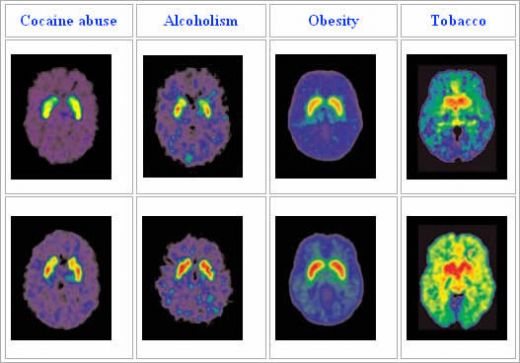Back from the grave: Should we allow Elective Ventilation?
Mary is 62 years old. She is brought to hospital after she collapsed suddenly at home. Her neighbour found her unconscious, and called the ambulance. When they arrived she was deeply unconscious and at risk of choking on her own secretions. They put a breathing tube in her airway, and transported her urgently to hospital.
When Mary arrives she is found to have suffered a massive stroke. A brain scan shows very severe bleeding inside her brain. In fact the picture on the scan and her clinical state is described by the x-ray specialist as ‘devastating’. She is not clinically brain dead, but there is no hope. The emergency department doctors have contacted the neurosurgical team, but they have decided not to proceed with surgery as her chance of recovery is so poor.
In Mary’s situation, the usual course of events is to contact family members urgently, to explain to them that there is nothing more that can be done, and to remove her breathing tube in the emergency department. She would be likely to die within minutes or hours. She would not be admitted to the intensive care unit – if called, the ICU team would be likely to say that she is not a “candidate” for intensive care. However, new guidance from the National Institute of Clinical Effectiveness, released late last year, and endorsed in a new British Medical Association working paper, has proposed a radical change to this usual course of events.Read More »Back from the grave: Should we allow Elective Ventilation?

